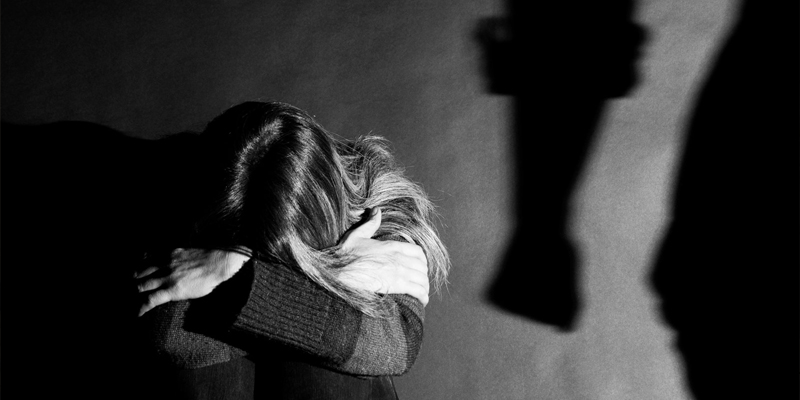
The Domestic Violence and Sexual Assault Unit of the Criminal Division is dedicated to the investigation and prosecution of misdemeanor and felony crimes of domestic violence and sexual assault in the Territory in violation of Title 16, Chapter 2 of the Virgin Islands Code, providing remedies for Domestic Violence. The Unit also investigates and prosecutes any other sexual assault crimes committed by adult perpetrators against adult victims in violation of Title 14 Chapter 85 of the Virgin Islands Code, governing the crime(s) of rape and related offenses.
Goals of Prosecution
The goals of prosecution in a domestic violence and/ or sexual assault case are
1. To protect the victim from additional acts of violence committed by the perpetrator;
2. To deter the perpetrator from committing continued acts of violence against others in the community;
3. To punish the perpetrator for his/her criminal act(s) of domestic violence; and
4. To create a general deterrence to domestic violence and abuse in our community.
Investigation and Prosecution
The Assistant Attorney General (AAG) assigned to the Unit provides legal advice and consultation to law enforcement in the investigative stages of misdemeanor and felony domestic violence and/or sexual assault matters, evaluates evidence, makes charging determinations and prepares formal charges, if any, based upon the evidence presented by law enforcement. The AAG, with the assistance of the Virgin Islands Police Department (VIPD) detectives assigned to the Domestic Violence Unit, also conducts follow-up investigation(s
Domestic Violence Policy
The Special Policy Advisor is charged with three major tasks:
1. To review, and when necessary, to alter, rewrite or write Domestic Violence and Sexual Assault policies, protocols and procedures in the Virgin Islands; to standardize a territorial approach to handling such matters in a manner which is more sensitive to the victim, maximizes victim safety, and encourages batterers to accept responsibility for their behavior;
2. To educate the public by use of print and broadcast media as to the causes, dynamics and consequences of domestic violence and sexual assault; and
3. To promote and participate in the professional training of police, prosecutors, advocates and others regarding the issues cited above.
Long term goals of this unit include the standardization
FAQ(Frequently Asked Questions)
“Domestic Violence” is the occurrence of a criminal act, as defined by Title 16 Virgin Islands Code Section 91, including but not limited to Assault, Battery, Burglary, and/or attempts or threats against a person who may be protected under the law. Protected persons include a spouse or former spouse, parent or child, person related by blood or marriage, household member, a person with whom the perpetrator had a sexual or otherwise intimate relationship.
Domestic Violence is a pattern of behavior which, without intervention, is likely to increase over time in both frequency and severity, too often ending in death of the victim.
The Office of Attorney General does not issue restraining orders. However, a victim of domestic violence and/or abuse may obtain a restraining order, or protection order, by filing a petition in the Family Division of the Superior Court, Alexander A. Farrelly Justice Center.
The Family Court may grant a temporary restraining order and upon hearing of the complaint, may grant a “permanent” restraining order, effective for a period of twenty four (24) months, unless otherwise extended, renewed or modified, to enjoin, restrain and/or prohibit an individual from abusing, contacting, assaulting, threatening, intimidating and/or inflicting any other form of abuse against the protected person.
Domestic Violence Advocates, from either private Agencies or the Virgin Islands Police Department are available to help with filing restraining orders.
The violation of a lawful restraining order may constitute a criminal offense, pursuant to Title 14 Virgin Islands Code Section 582a. Restraining Order violations are investigated and prosecuted by the Domestic Violence Unit.
The “victim” in a domestic violence case is treated as a government witness in a criminal case. As a government witness, the “victim” may be served with a subpoena from the Superior Court of the Virgin Islands commanding his/her appearance in court at a date and time set by the Court to give testimony regarding the facts and circumstances of the case.
The “victim” in a domestic violence case cannot “drop” the charges filed by the Department of Justice. The decision whether or nor to “drop” or to “press” charges is made by the Attorney General or a duly authorized Assistant Attorney General in accordance with the policy of the Department.
